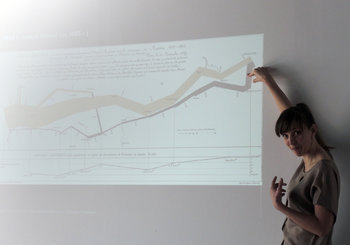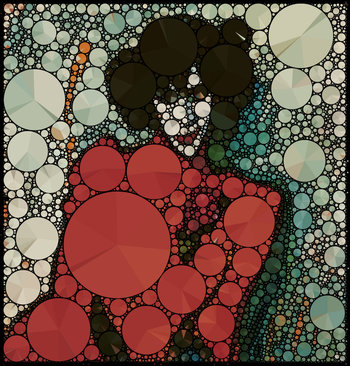
Web Servers
Web servers that build dynamic pages may cache them for a few minutes so that they don't need to be generated for every page view. Pages may be cached in different geographical regions to serve requests quickly.Web Browsers
A web browser stores images from recently visited websites so that they don't have to be downloaded every time you visit a page on the site. Reading images from disk is significantly faster than requesting images over a network.Calculations
A 3D graphics engine displays a scene in a game such as a room. It caches elements of the scene such as the radiance properties of objects in the room.Databases
It is common for databases to cache the results of recent queries.Operating Systems
An operating system caches recently viewed objects such as files, folders and media thumbnails.Devices
A hard disk may cache recent data requests in high speed memory to improve performance.| Overview: Caching Examples | ||
Type | ||
Definition | A computing design that stores recent results and reuses them where possible. | |
Related Concepts | ||






























